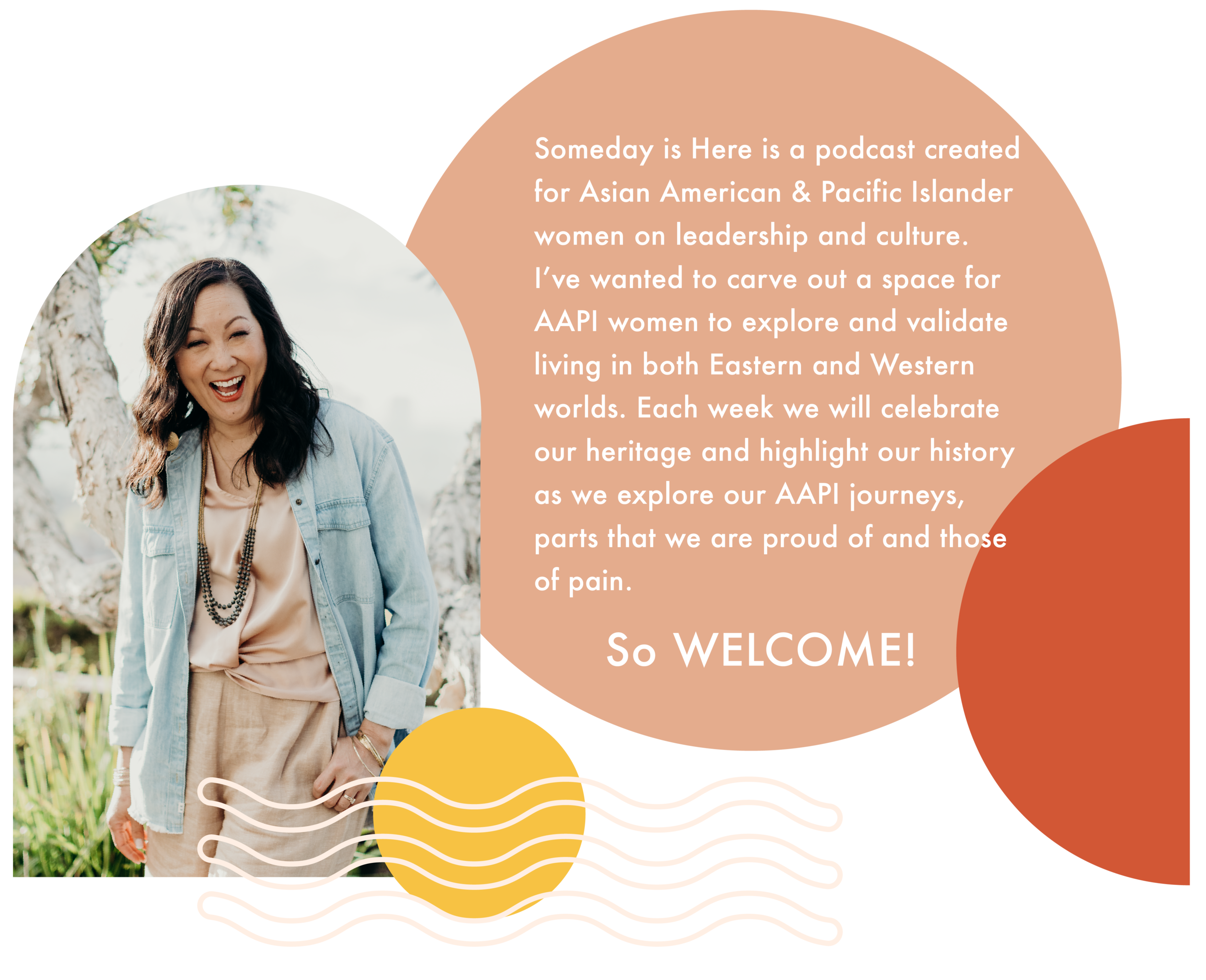Episode 22 - Jensine Lee
EPISODE 21 w/ Jensine Lee
So enjoyed my conversation today with Jensine Lee. We talked about the legacy and influence of her grandfather, a leader in San Francisco who escaped the Cultural Revolution in China and eventually ended up in the US after studying tailoring in Europe. We also talked about what it was like moving to South Carolina from Northern California and going for weeks without seeing another Asian and being the only one in her community. Jen shares about how her life was enriched and expanded as she moved beyond her Asian world and developed relationships with people who were different than her. I love Jen’s encouragement about having influence wherever we are. Excited for you to listen to our conversation today!
LEARN MORE ABOUT JENSINE
IG: @jensane + @penandpagegals
Jensine is a wife and mother, Instagram gal, bibliophile and sports enthusiast. She believes we all have influence right where we are, whether our platform is 20,000 Instagram followers or two toddlers following for snacks. She desires to see social media bring the beauty of words and images and real grace together to reflect our true light and life in Jesus. While she currently lives in the SF Bay Area, she is always planning her next trip across the country or around the world.
FAVORITE ASIAN COMFORT FOOD
Boba, Soup & Rice (jjigae)
LEADERSHIP LESSON
You have influence wherever you are.
DID YOU KNOW?
America’s first Chinatown was born in San Francisco, which means “Gold Mountain”, which emerged in one of the most desirable locations of the city. Many Chinese immigrated to America at the height of the California gold rush in the mid-1800s. Unfortunately, they were met with laws sanctioning their labor, housing, workplaces, interrogations and isolation. An earthquake on April 18 1906 caused widespread fires to break out among the thriving community. Attempts by soldiers to create a firebreak backfired, and devastated the community by creating fires that lasted for days. It is estimated that over 30,000 people were displaced during that time. While there was much debate and resistance to Chinese being allowed to return back to Chinatown. For more than 60 years, the Chinese Exclusion Act created a “bachelor society”, but finally in 1943 it was repealed ending decades of legalized racism and discrimination. Finally, Chinese immigrants were legally allowed to become citizens and own property. Today, San Francisco’s Chinatown has developed cultural autonomy which sustains many activities: dance, musical groups, a children's orchestra, artists, a Chinese Culture Center, and the Chinese Historical Society of America.

















